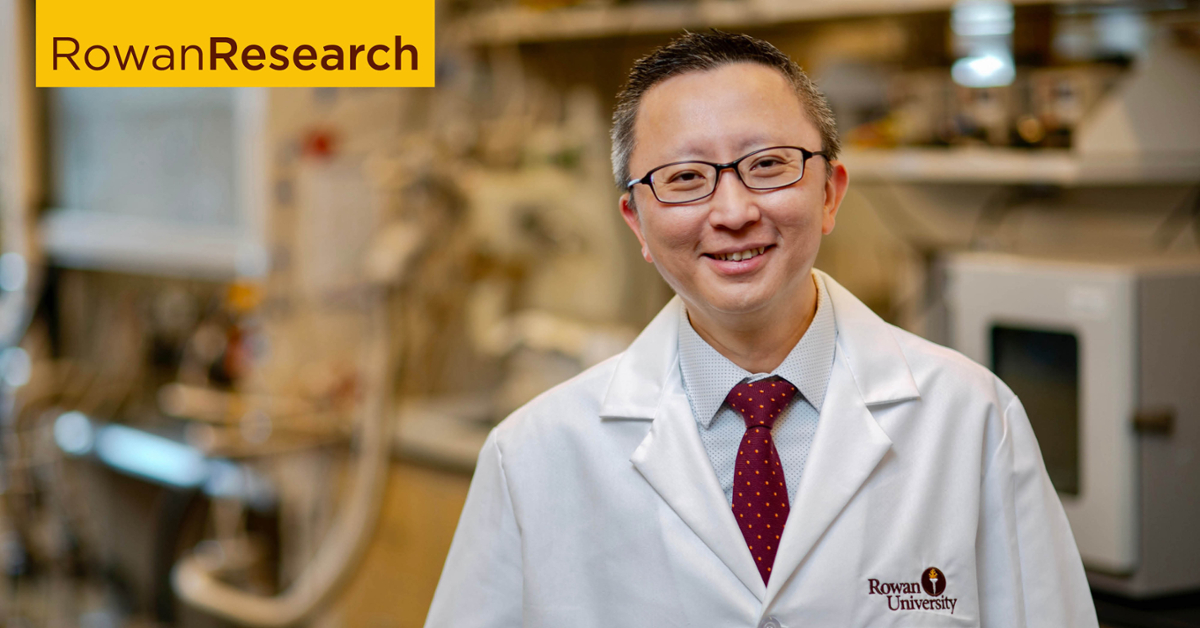Building better batteries
Building better batteries

Plastics or polymers get a bad rap for not being environmentally friendly. But their environmental impact depends on how the material is made and used. Polymers have many practical, beneficial uses, including in the manufacture of solar cells and batteries for devices like smartphones.
Ken Lau, Ph.D.
Chemical engineer
Areas of expertise:Polymer thin films and coatings
More informationKen Lau, Ph.D., professor and head of the Department of Chemical Engineering at the Henry M. Rowan College of Engineering, is researching methods for creating more efficient polymer-based solar cells and batteries—sustainably.
Lau uses polymers in the form of films that are thinner than the width of a human hair. Lau creates these thin layers of polymers using a process known as chemical vapor deposition.
“We don't use a liquid medium or any harsh chemical solvents,” said Lau, a 2008 winner of the National Science Foundation’s CAREER Award. “This is a greener synthesis process.”
A unique quality of these polymer thin films is their ability to conduct electricity, like metals. The benefits of using these electrically conducting polymers in electronics are that they are lighter, more flexible, and cheaper to produce. For example, the materials can be used in wearable technology because they’re able to move with the body and are lightweight enough to not feel burdensome to the wearer.
Other practical uses for electrically conducting polymer thin films is to make more efficient solar cells and batteries.
“Your car can run longer, or your cell phone or laptops can also last longer,” Lau said. “Instead of an hour to charge your phone, in the future, hopefully, we can achieve battery charging that can be on the order of minutes.”
In an NSF-funded collaboration with the University of Delaware, Lau and his research team are using polymer thin films to improve the performance of solar cells. Another NSF-funded project aims to enhance energy and power density, or the amount and time required to achieve a full charge, in lithium ion batteries.
One major facet of Lau’s research is to manufacture these materials in a more eco-friendly way.
“How do we make things better in a more sustainable way?” Lau said. “That's our challenge and responsibility as a chemical engineer.”
Rowan University researchers are passionate about what they do. Find more at Meet Our Researchers.